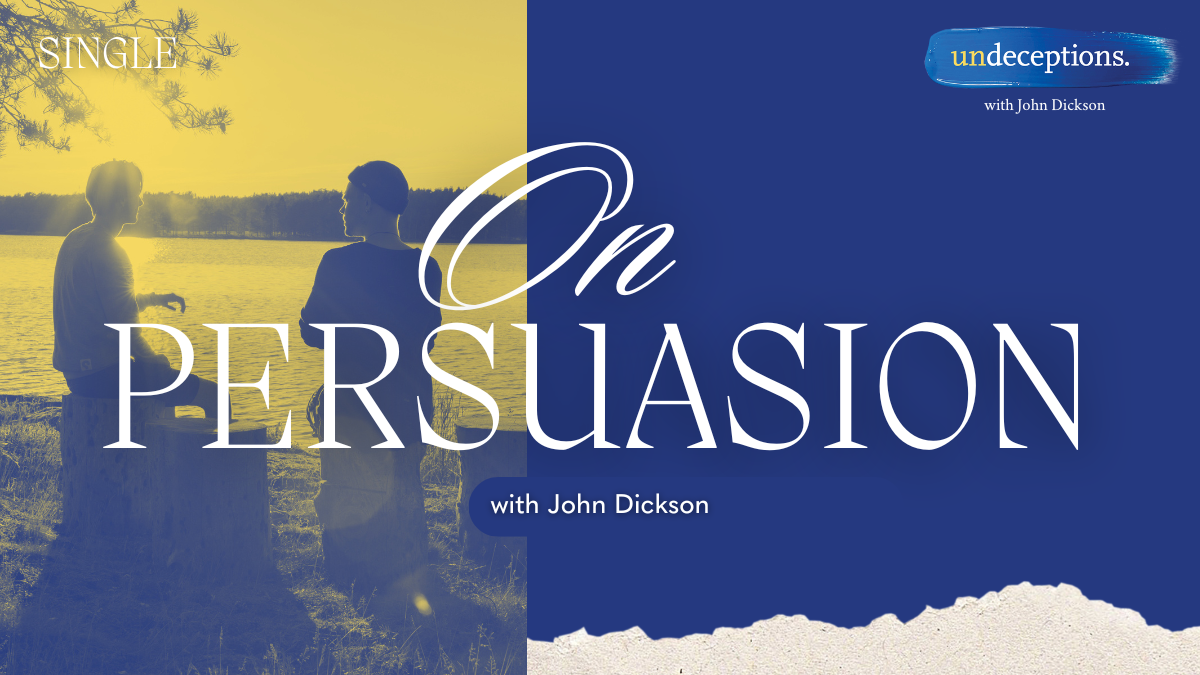The Prodigal Son is the ultimate homecoming story in the Christian tradition. Jesus told the parable to two audiences, we’re told in Luke 15, and it has a resonance for both.
As he prepares to tell the story, Jesus has the sinners gathering around him and also the religious leaders – the Pharisees, Luke tells us. So, Jesus dives into this parable designed to hit both the sinners and the so-called religious or righteous people.
The parable is really just two sons. One represents the sinners, the other represents the religious people. The young son asks for the inheritance from his Father and then takes off to a foreign country and spends it all on himself in wild living, we’re told. It’s a pretty modern picture of the sinner: someone who wants everything the creation has to offer and nothing to do with the Creator. We want the gifts, we just don’t want the Giver.
“Religion” turns you into a slave. It robs you of any sense of God’s generosity.
Jesus says this son “came to his senses” (I love that expression!) He came to his senses and decided to go home and face the music. The Father’s response is meant to be a picture of God, according to Jesus. And this is what we read:
“But while he (the sinful son) was still a long way off, his father saw him and was filled with compassion for him. He ran to his son, threw his arms around him and kissed him.”
It’s the ultimate homecoming.
Equally important, though, is the oldest son in the story. He comes back from the field, hears the music and dancing, and is outraged. He refuses to go inside the house and join the celebration. And he ends up saying to his Father: Look, all these years, I’ve been slaving for you and never disobeyed your orders, yet you never gave me even a goat so I could celebrate with my friends. But when this son of yours who has squandered your property with prostitutes comes home, you kill the fattened calf for him.
“My son,” the Father said, “You are always with me and everything I have is yours, but we had to celebrate and be glad, because this brother of yours was dead and is alive again. He was lost, and is found.”
It’s a powerful critique of religion, from the lips of Jesus. Religion turns you into a slave. It robs you of any sense of God’s generosity. And here’s the striking thing: The oldest son, who obviously represents the Pharisees, might be living in the home on the property, but he might as well have been in a foreign land. He is estranged from the Father. He’s a long way from home.
Thinking musically for a second, it’s interesting how Jesus ends this parable. There is a beautiful home/away/home again resolution in the story of the young son, but the end of the parable with the oldest son isn’t a resolution. It ends in discord – or at least without a resolution. The oldest son complaining to the Father, begging him to join in, but we don’t know what happens. We’re just left with the knowledge that the Father wants the religious and the irreligious to join the celebration. He wants everyone to come home.
By John Dickson
When Jesus calls us home
Want to hear the rest of the episode?
Check out episode 27: “Creation’s Music”















































